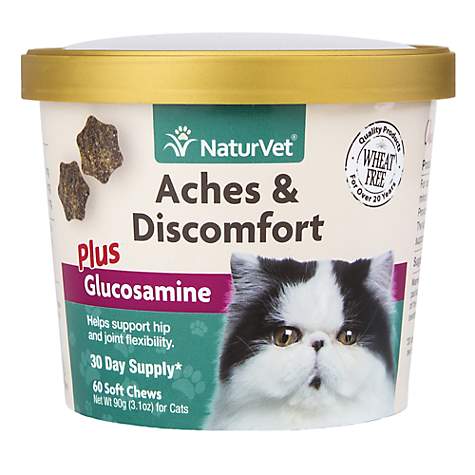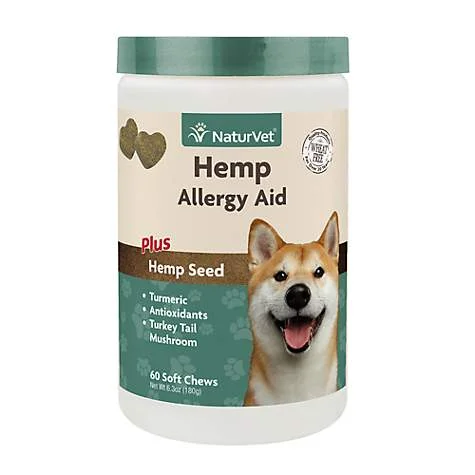Natural Nutrition- Dietary recommendations for Cats & Dogs
/
There is a growing movement with animals becoming even more integral members of our family, owners develop interest in investing in their furry family members health and seek knowledge as to areas they can be proactive in not only treating disease but preventing it. Nutrition is an area of animal health I am extremely passionate about, the foundations of holistic medicine is based on quality nutrition and nutrition appropriate to that species.
Cats are obligate carnivores, which means due to their teeth design, gastric secretions and bowel length they are designed to specifically eat meat; more precisely 80% protein base and 20% fats & fiber, with this in mind they certainly are not designed to eat diets carbohydrate based- grain free diets are beside the foundational issue, cats bodies are not created for a diet high in dry highly processed carbohydrates. Some kibble based products do announce high protein content- I would be sure to investigate the source of this protein and the temperatures at which this was cooked, as high heat naturally denatures protein. Long term consumption of an inappropriate diet leads to malnutrition and inflammation, chronic inflammation can cause free radical issues and toxin accumulation, eventually cells will start to behave abnormally, abnormal cell proliferation being the foundation for cancer adjunct to a compromised immune system. With a background in holistic medicine specifically Chinese Medicine the perception of feeding an inappropriate diet long term depletes the digestive system of crucial energy, this eventually leads to inefficient metabolism and essentially elevated undesirable by products of the digestive process, the dried nature of kibble is detrimental to the bodies fluids and encourages inflammation, this drying influence on fluids puts pressure on renal function and as many feline owners are aware renal failure is a common ailment in elderly domestic cats.
Our Canine family members should also be considered when discussing appropriate nutritional requirements, dogs traditionally were scavenger animals with this in consideration most of their diet would be the discards of human food. They are omnivores in that they have capabilities of digesting a combination of meat/ organ and vegetable based feed, reflecting on their evolution as a human companion this most likely being the food materials they would have received. Their ideal diet is sitting at a 60% protein base (meat/ organ) and 40% carbohydrate (vegetables: carrots, potatoes, kumera etc), the common dietary choice for canine owners is indeed kibble based, as you can appreciate not so in line with what’s essential for their digestive needs. The majority of kibble products are cooked at extremely high temperatures destroying a large portion of the protein content, protein is essential for healthy muscle development and maintenance of strength. A common ailment I have encountered with Canine Acupuncture and rehabilitation therapy is the rate of muscular-skeletal issues in our canine family members, in a Chinese medicine paradigm we perceive this as due to the lacking meat and conversely protein in the diet there is insufficient blood being produced in the body (this is not meant in a physiological sense such as anemia but purely as an analogy reference) interestingly in Chinese Medicine blood is seen as an integral part of maintaining muscle condition and strength, with a depletion being the reverse: atrophy and inefficient muscle firing.
Vast majority of holistic practitioners see the value in feeding raw based feed to their companion animals, to me the key is in educating the importance and extreme long term health benefits this kind of nutrition provides. The additional financial and time investment early in their lives will sow seeds that will display as they age with less health issues such as allergies, skin conditions, excessive weight gain, arthritis, gastrointestinal issues and generally improved vitality and increased life span.
All content contained in this article is copyright of Sharlene Green-McInnes. Any unauthorized use is prohibited. Persons found to be using any image or text in whole or in part without prior written consent from the copyright holder can, and will be prosecuted under New Zealand law. To apply for written permission, please use the 'contact us' page available on this website.























